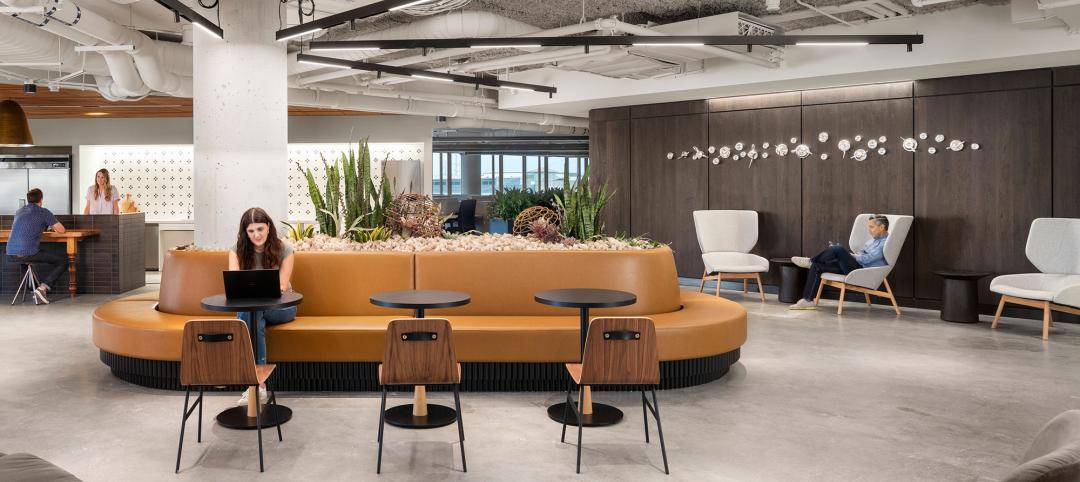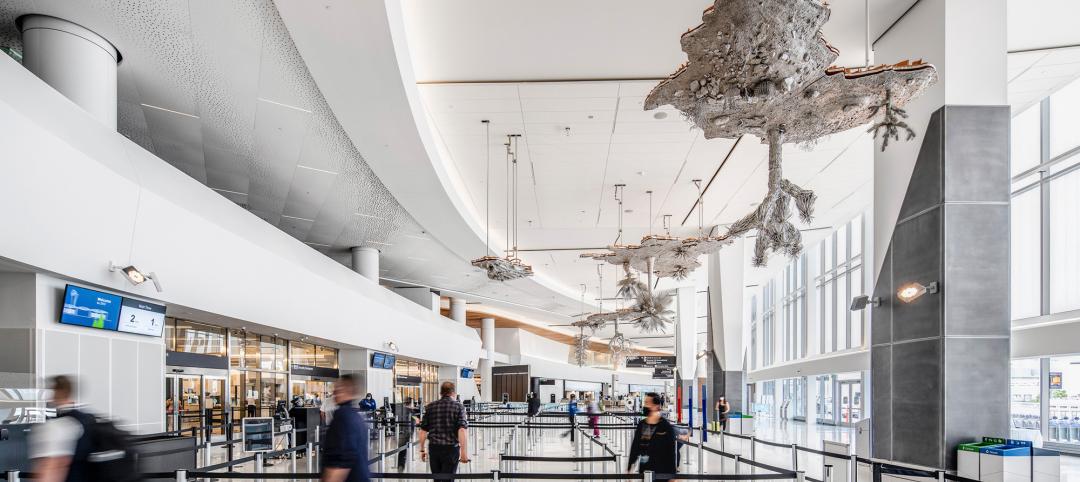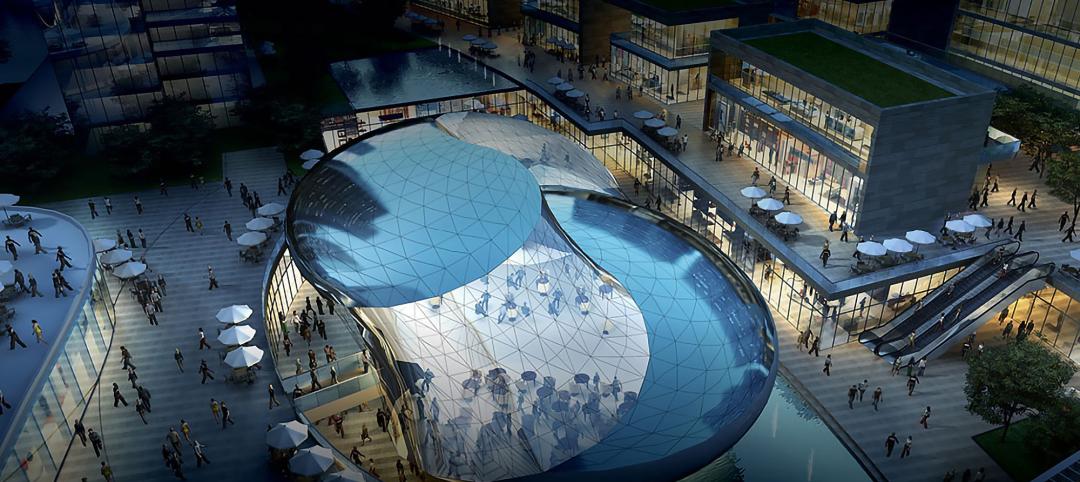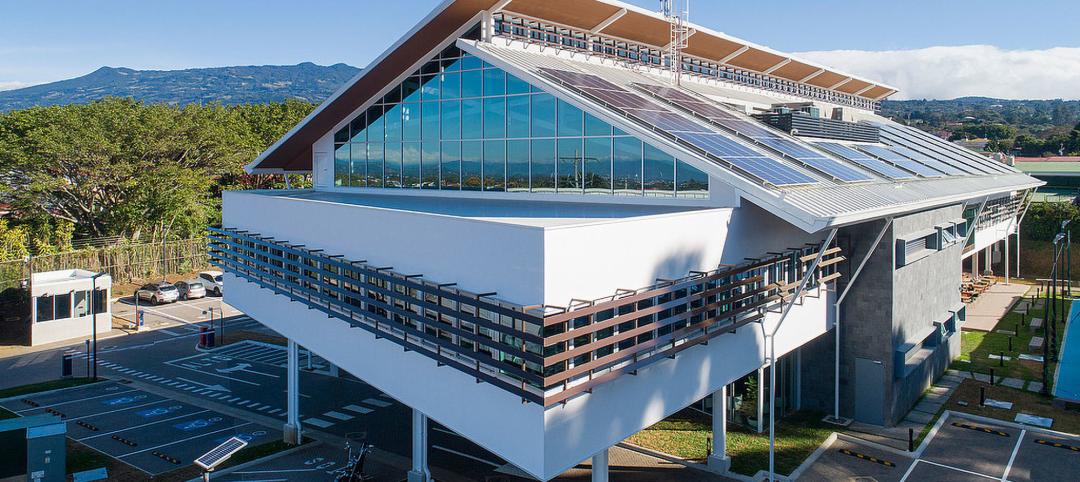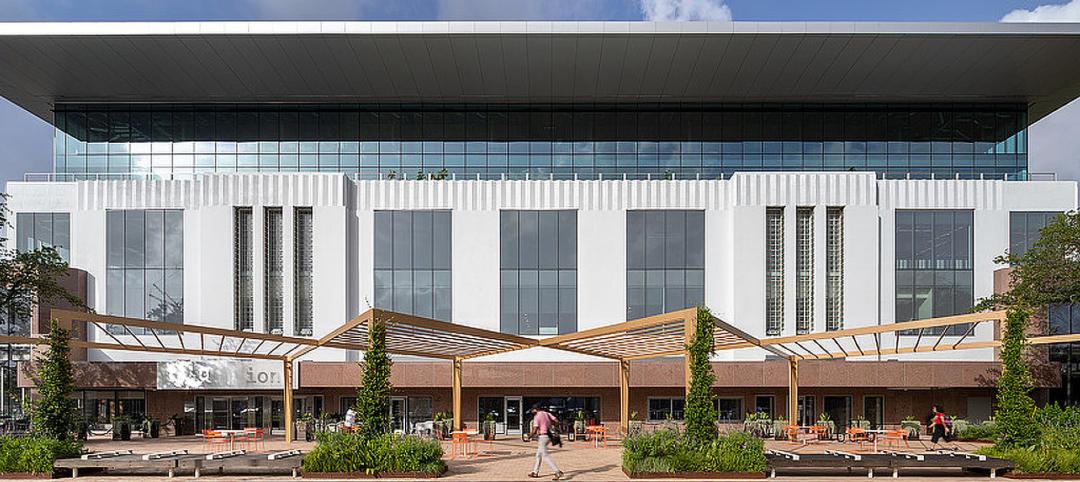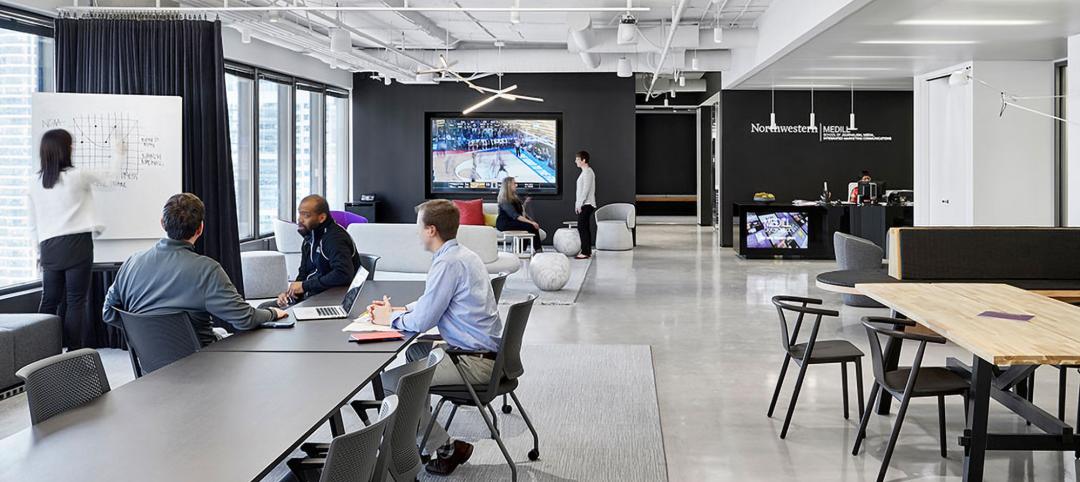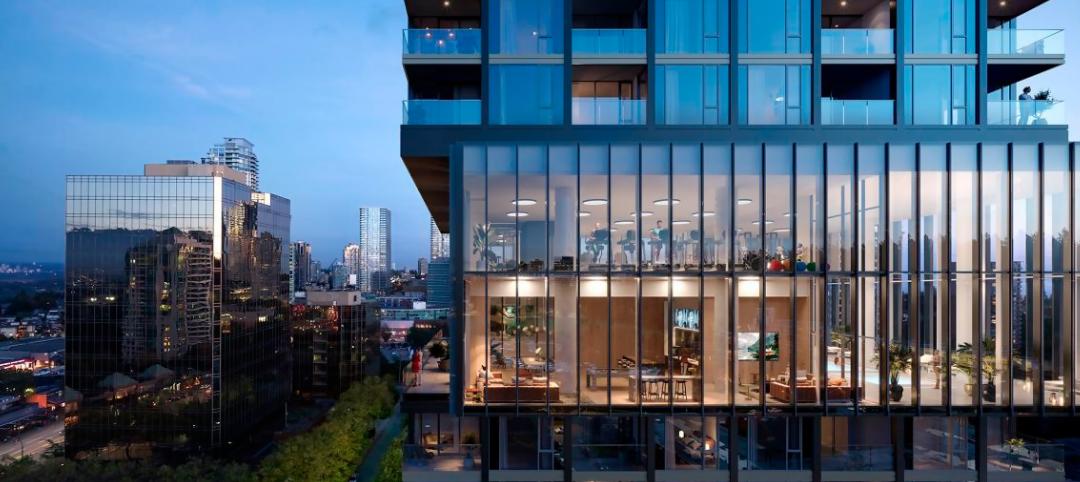This week brought the introduction of GPS technology capable of increasing accuracy of positioning from a few feet down to a few centimeters. The new technology reduces location errors from the size of a car to the size of a nickel—a 100 times increase in accuracy. This is a major technological breakthrough that will affect how we interact with environments, the places we shop, and entertainment venues, as well as how we travel and connect with individuals around us. It also opens up the possibility for advances in exciting technologies like virtual reality (VR), mobile mapping.
GPS with this level of accuracy has long been available for geology, surveying and mapping, but until now it’s been cost-prohibitive due to costly antennas and large-scale infrastructure. The big breakthrough that is allowing the application of it to everyday devices is the ability to utilize already existing antennas in smart phones and other personal devices.
 Imagine being directed to the exact spot where you desired items are located. Image: Irwin Miller
Imagine being directed to the exact spot where you desired items are located. Image: Irwin Miller
Imagine shopping in a store where your GPS-enabled smartphone leads you to the exact product you want on the exact shelf where it is stocked. Imagine communicating more accurately with iBeacons in retail, hospitality and museum environments. Imagine having the ability to expand your universe in VR enabled games using devices like the Samsung Gear Headset that was recently released as a cost-effective VR.
Devices equipped with the new GPS will be able to understand the sections in a store you frequent most and which products you interact with most. Suggestions for related items could be sent to your phone, letting you know exactly where such items can be found. (Follow-up product offers can also be sent if the product you are looking for is not available.)
The new GPS also holds exciting consequences for drone use. GPS equipped drones could deliver products to your front step or a precise spot under your mailbox that you, the customer, specify.
 Self-driving will benefit from the inclusion of more accurate GPS systems. Image: Irwin Miller
Self-driving will benefit from the inclusion of more accurate GPS systems. Image: Irwin Miller
A more precise GPS will provide self-driving cars, like those being developed by Google, with far greater accuracy, making such vehicles safer.
And these GPS systems can work in tandem, strengthening social bonds and helping users forge connections with those around them. Accurate data of who is around you in the restaurant, on an airplane, store or entertainment venue can be sent to users, providing the ability to interact with your device like sending someone a cocktail or sharing a coupon you can’t use.
Much like the revolution that higher levels of details and pixel-count brought to digital photography during the past decade, or the massive increase in broadband Internet speeds from dial-up years prior, I believe more accurate GPS will add levels of capabilities that developers and designers of environments will be able to utilize immediately. Lifestyle brands, retailers, and consumers can all benefit from the capabilities technologies like this afford their environments.
The key to leveraging these powers and achieving success will be finding the right pairing of applications and a thoughtful approach to enhancing experiences. We must further connect consumers+brands+environments to achieve elevated outcomes.
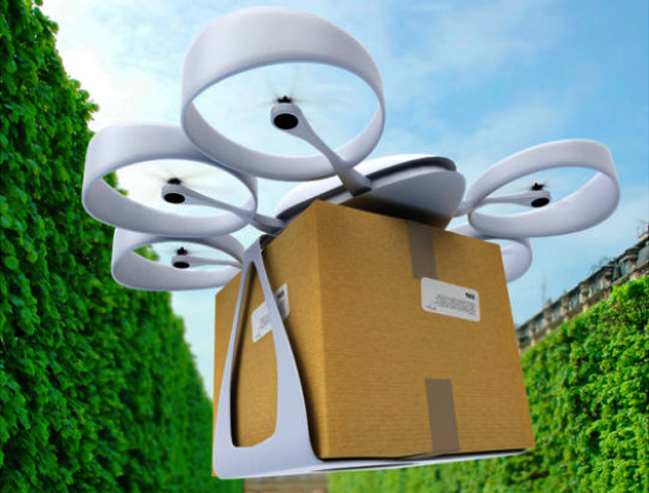 With these new GPS systems in tow, drones could deliver packages to an exact spot at a person's residence. Image: Irwin Miller
With these new GPS systems in tow, drones could deliver packages to an exact spot at a person's residence. Image: Irwin Miller
About the Author: Irwin Miller is a Lifestyle Sector Leader for Gensler's global practice, and a Design Principal in the Los Angeles office. Focused on brand integration and user experience in retail environments, Irwin is forever motivated by his own daily encounters with design: finding inspirations everywhere from the county fair to summer holidays with family in Europe. Contact him at irwin_miller@gensler.com.
More from Author
Gensler | Apr 15, 2024
3 ways the most innovative companies work differently
Gensler’s pre-pandemic workplace research reinforced that great workplace design drives creativity and innovation. Using six performance indicators, we're able to view workers’ perceptions of the quality of innovation, creativity, and leadership in an employee’s organization.
Gensler | Mar 13, 2024
Trends to watch shaping the future of ESG
Gensler’s Climate Action & Sustainability Services Leaders Anthony Brower, Juliette Morgan, and Kirsten Ritchie discuss trends shaping the future of environmental, social, and governance (ESG).
Gensler | Feb 15, 2024
5 things developers should know about mass timber
Gensler's Erik Barth, architect and regional design resilience leader, shares considerations for developers when looking at mass timber solutions.
Gensler | Jan 15, 2024
How to keep airports functional during construction
Gensler's aviation experts share new ideas about how to make the airport construction process better moving forward.
Gensler | Dec 18, 2023
The impacts of affordability, remote work, and personal safety on urban life
Data from Gensler's City Pulse Survey shows that although people are satisfied with their city's experience, it may not be enough.
Gensler | Nov 16, 2023
How inclusive design supports resilience and climate preparedness
Gail Napell, AIA, LEED AP BD+C, shares five tips and examples of inclusive design across a variety of building sectors.
Gensler | Oct 16, 2023
The impact of office-to-residential conversion on downtown areas
Gensler's Duanne Render looks at the incentives that could bring more office-to-residential conversions to life.
Gensler | Sep 13, 2023
Houston's first innovation district is established using adaptive reuse
Gensler's Vince Flickinger shares the firm's adaptive reuse of a Houston, Texas, department store-turned innovation hub.
Gensler | Aug 7, 2023
Building a better academic workplace
Gensler's David Craig and Melany Park show how agile, efficient workplaces bring university faculty and staff closer together while supporting individual needs.
Gensler | Jun 29, 2023
5 ways to rethink the future of multifamily development and design
The Gensler Research Institute’s investigation into the residential experience indicates a need for fresh perspectives on residential design and development, challenging norms, and raising the bar.


